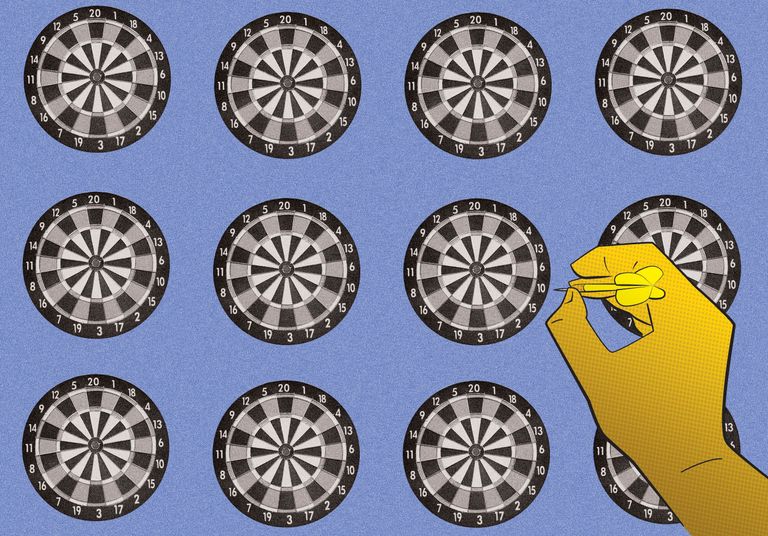The price we pay to multitask is often mental. Studies have shown that people who multitask have a harder time paying attention, controlling their memory, and switching jobs. Stanford researchers recently tested 100 students and found that heavy media multitaskers paid a big price. Their brains took a big mental hit.

Multitasking
When we multitask, we are trying to get everything done at the same time. This is a dangerous practice that can compromise cognitive function, derail our focus, and drain our energy. We live in a world where we're constantly communicating, using apps, and having our attention divided among a host of other things.
Research shows that the brain cannot handle too many data points and this causes us to feel fatigued and disoriented. Multitasking also alters brain structure. It causes less gray matter in the anterior cingulate cortex, which controls our automatic bodily functions and rational cognitive functions. It also interferes with short-term memory.
fMRIs
Whether you're using an fMRI as a primary or secondary research tool, you should be careful what you publish. While fMRIs have been shown to be an excellent tool, some research has been published with sloppy results. As with any scientific tool, there's room for improvement.
The technology is still new, but it is already being used to study brain activity. For example, an fMRI is able to show the activity of certain parts of the brain and can help researchers better understand the causes of certain behaviors. Another popular tool is electroencephalography, which records electrical currents in the brain. Optogenetics is another technique that uses light to activate neural pathways in the brain. But for now, optogenetics has only been used on lab animals.
Cost of paying attention
According to Stanford University researchers, multitaskers pay a high mental price. The cost is not just in the amount of time spent, but also in controlling their memory. They have trouble switching jobs and paying attention to one thing. Heavy multitaskers had trouble concentrating, switching between tasks, and switching attention between multiple activities. The study involved 100 students who had to use multiple media to get their work done. It found that students who were heavy media multitaskers paid a heavy mental price.